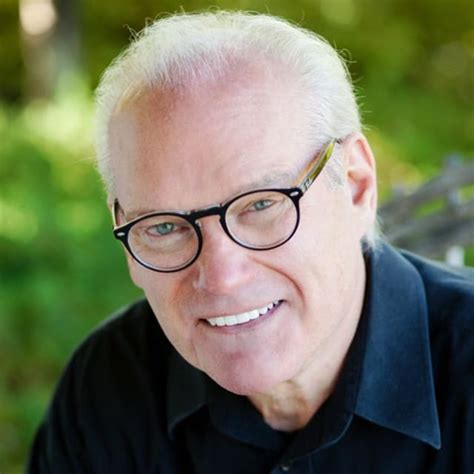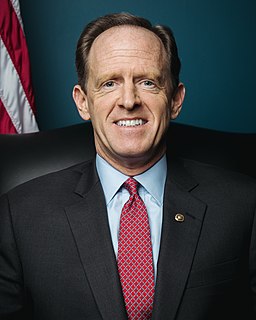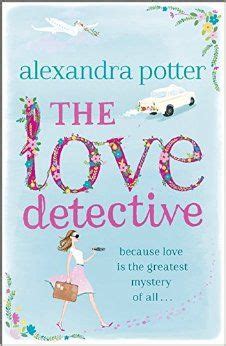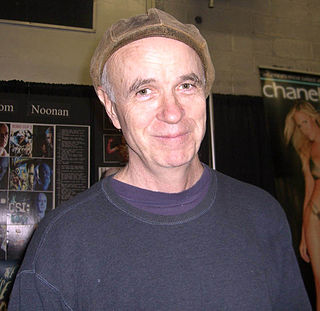A Quote by Jerry B. Jenkins
As for dialogue, I think it keeps things moving to cut to the chase.
Related Quotes
When I go to the cinema, I want to have a cinematic experience. Some people ignore the sound and you end up seeing something you might see on television and it doesn't explore the form. Sound is the other picture. When you show people a rough cut without the sound mix they are often really surprised. Sound creates a completely new world. With dialogue, people say a lot of things they don't mean. I like dialogue when it's used in a way when the body language says the complete opposite. But I love great dialogue I think expositional dialogue is quite crass and not like real life.
I don't think all comedy should be mindless. Have something that's thoughtful. Maybe some things are tongue-in-cheek; maybe some things are very direct. I like that people have to think about things. That excites me. Because if you say certain things, it starts a dialogue. Even if you disagree, it's still a dialogue.
The world is a crazy, beautiful, ugly complicated place, and it keeps moving on from crisis to strangeness to beauty to weirdness to tragedy. The caravan keeps moving on, and the job of the longform writer or filmmaker or radio broadcaster is to stop - is to pause - and when the caravan goes away, that's when this stuff comes.
Semiotics is really interested in the questions like, what keeps you watching something, what keeps you - you know, what keeps you listening to a story on the radio? Like, what keeps you turning the pages in a book? What's the pleasure of it that's moving you forward, that's pulling you in and grabbing you and pulling you forward?





































